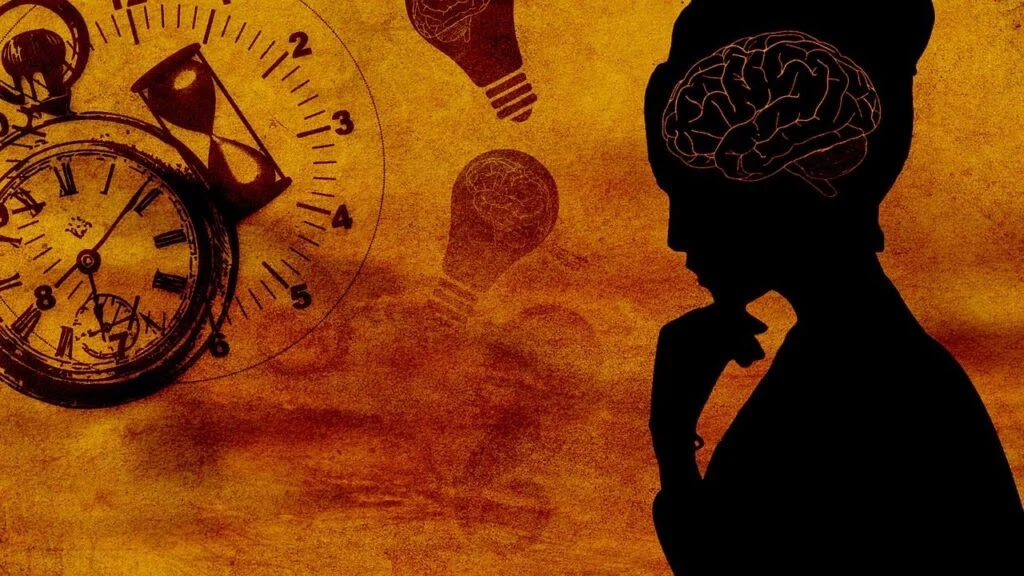Hearing the Renaissance in Video Games
Document Type
Presentation
Date of Original Version
2-21-2024
Abstract
James Cook, Alexander Kolassa, and Adam Whittaker recently posed an interesting rhetorical question: “[I]s there such a concept as ‘renaissanceism’?” Scholars such as Daniela Fountain and Kendra Preston Leonard have explored how various Renaissance premises have been musically illustrated in film and television. However, such attention has yet to be turned toward video games—perhaps because comparatively few games bear a chronological, geographical, or thematic connection to the Renaissance. But rather than this paucity acting as an analytical stumbling block, it instead allows for a fairly thorough corpus study of how video games sonically depict the Renaissance.
In this talk, Dr. Karen Cook focuses on games that are largely set between 1400–1600. The games have some sort of geographical or thematic connection to the Renaissance—regardless of whether they aspire toward historical specificity or where the games themselves were developed. Cook then evaluates the musical cues and contexts in these games along several axes: the medieval-Baroque axis by which Baroque musical cues have come to symbolize medievalism, and the medieval-Renaissance and Renaissance-Baroque axes by which musical cues belonging to these periods overlap with one another. She attempts to peel back the portion of the umbrella under which the Renaissance hides and shed light on both how the period is represented in game music and what its music is used to represent. Cook thus offers this talk as a prolegomenon toward a future understanding of “Renaissance-ism.”
Karen M. Cook is Associate Professor of Music History at the Hartt School, University of Hartford, where she is also Assistant Dean for Special Projects and program chair of music history. She specializes in music of the fourteenth and fifteenth centuries, and also in medievalism in contemporary music & media, especially video games. Recent works were published or are forthcoming in Music and the Moving Image, Acta Musicologica, Music Theory Online, The Oxford Handbook of Video Game Music and Sound, and the Journal of Sound & Music in Games, for which she is on the editorial board. Her book Music Theory in Late Medieval Avignon: Magister Johannes Pipardi was published in 2021 as part of Routledge’s RMA Monographs Series, and she is currently co-editing two volumes: Gender, Sexuality, and Video Game Sound, with Michael Austin and Dana Plank for Routledge, and Global Histories of Video Game Music Technology, with William Gibbons and Fanny Rebillard for Brepols.

